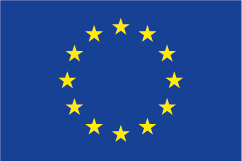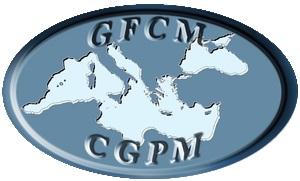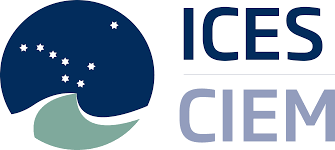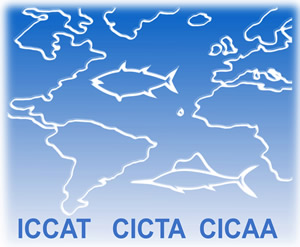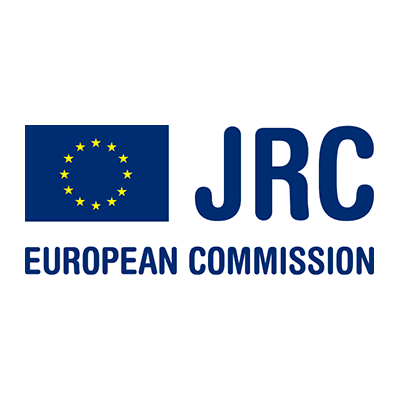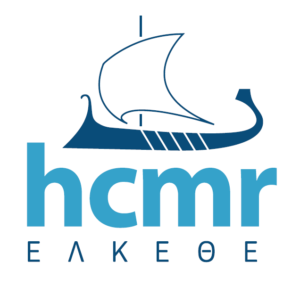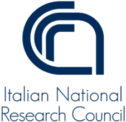STAKEHOLDERS
The European Union is a group of 27 countries in Europe. These countries came together to make things better, easier and safer for people. They agreed to work together and help each other.
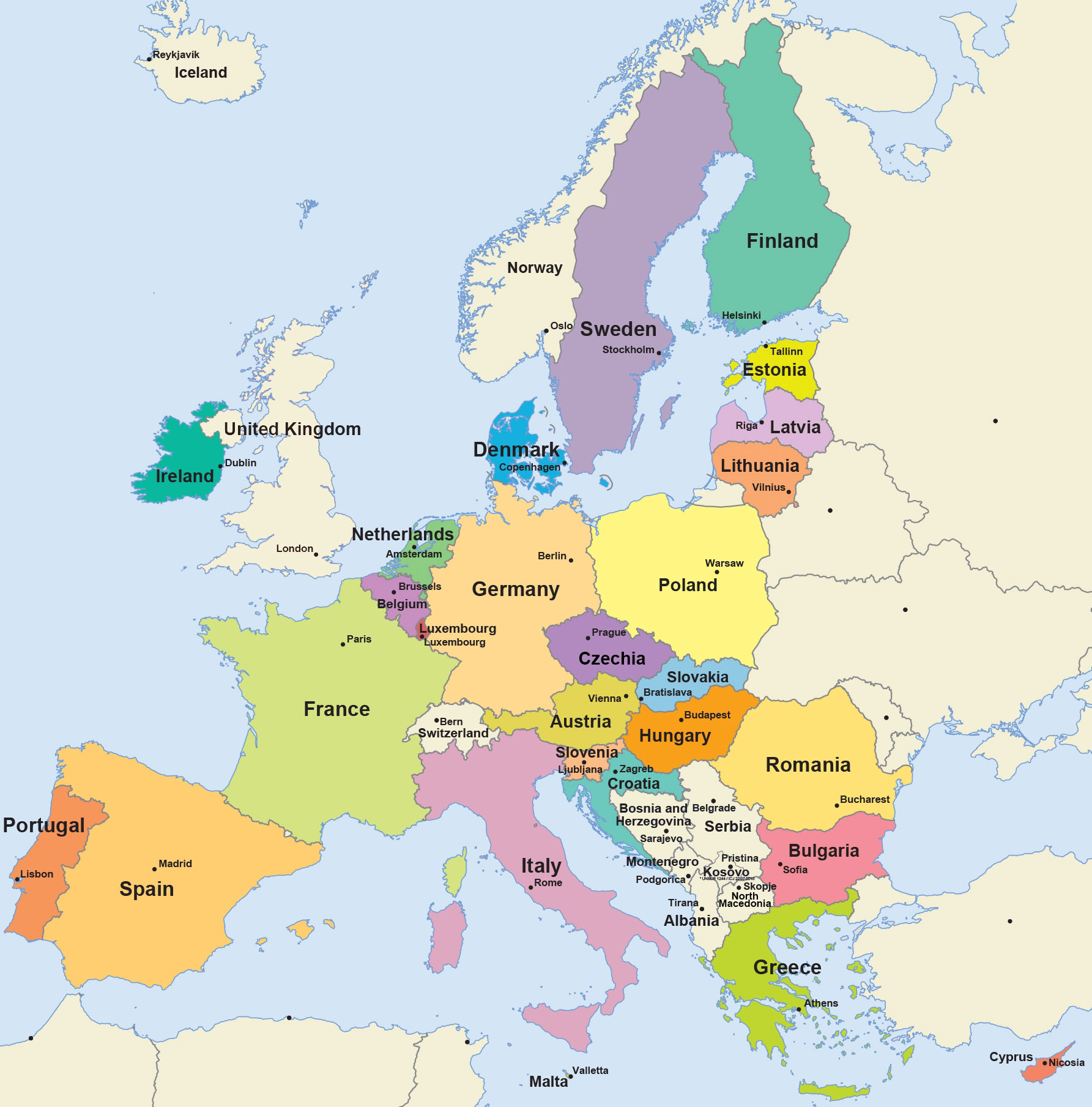
Contacts:
General Fisheries Commission for the Mediterranean – GFCM
The General Fisheries Commission for the Mediterranean is a regional fisheries management organization. With 22 member countries & the EU, its main objective is to ensure the conservation and the sustainable use of living marine resources as well as the sustainable development of aquaculture in the Mediterranean and in the Black Sea.
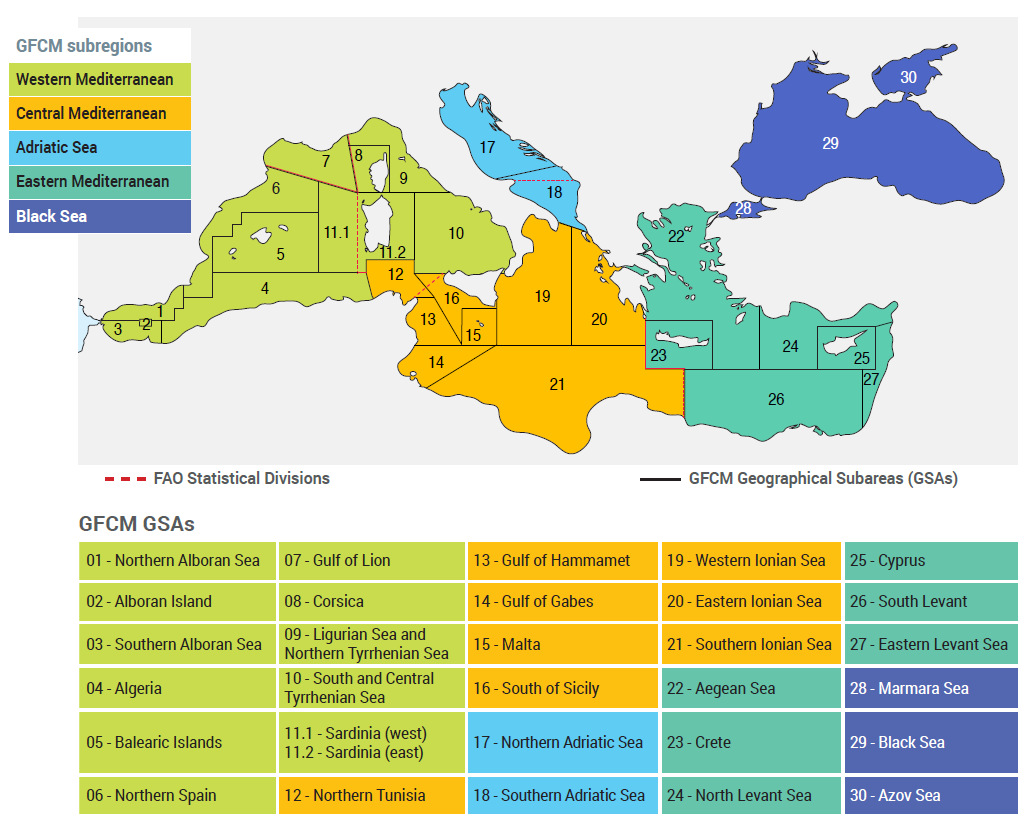
Contacts:
International Council for the Exploration of the Sea (ICES)
The International Council for the Exploration of the Sea (ICES) is an intergovernmental marine science organization, meeting societal needs for impartial evidence on the state and sustainable use of seas and oceans. ICES goal is to advance and share scientific understanding of marine ecosystems and the services they provide and to use this knowledge to generate state-of-the-art advice for meeting conservation, management, and sustainability goals. A network of nearly 6000 scientists from over 700 marine institutes in 20 member countries and beyond has been established. Over 2500 scientists participate in ICES activities annually. Through strategic partnerships ICES work in the Atlantic Ocean also extends into the Arctic, the Mediterranean Sea, the Black Sea, and the North Pacific Ocean.
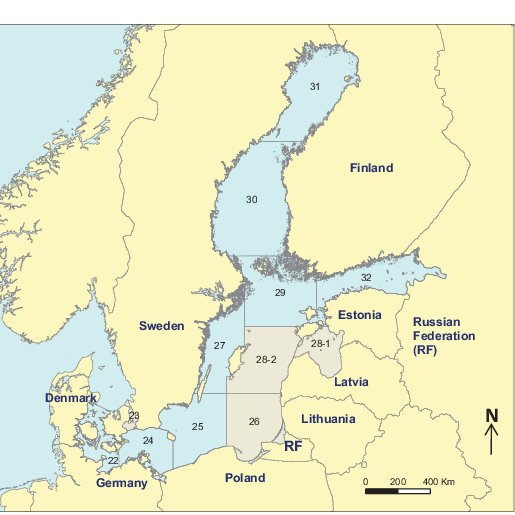
Contacts:
RDBES
Regional DataBase FishFrame
Scientific, Technical and Economic Committee for Fisheries (STECF)
The Commission shall consult appropriate scientific bodies. STECF shall be consulted, where appropriate, on matters pertaining to the conservation and management of living marine resources, including biological, economic, environmental, social and technical considerations. Consultations of scientific bodies shall take into account the proper management of public funds, with the aim of avoiding duplication of work by such bodies. In the field of conservation and management of living marine resources, including biological, economic, environmental, social and technical considerations, the group’s task shall be: (a) to assist the Commission in the preparation of legislative proposals, delegated acts or policy initiatives. (b) to monitor the evolution of policy and bring about an exchange of experience and good practice. The Commission may consult the group on any matter relating to marine and fisheries biology, fishing gear technology, fisheries economics, fisheries governance, ecosystem effects of fisheries, aquaculture or similar disciplines. The Commission may require the adoption of such an opinion within a defined period. In agreement with the Commission services the group may also provide opinions on its own initiative to the Commission on such matters. The chair of the group may advise the Commission to consult the group on a specific question.
Contacts:
International Commission for the Conservation of Atlantic Tunas (ICCAT)
ICCAT compiles fishery statistics from its members and from all entities fishing for these species in the Atlantic Ocean, coordinates research, including stock assessment, on behalf of its members, develops scientific-based management advice, provides a mechanism for Contracting Parties to agree on management measures, and produces relevant publications.
Contacts:
The Joint Research Centre is the Commission’s science and knowledge service. The JRC employs scientists to carry out research in order to provide independent scientific advice and support to EU policy.
Responsibilities:
Research and innovation, create, manage and make sense of knowledge to support European policies with independent evidence, develop innovative tools and make them available to policy makers, anticipate emerging issues that need to be addressed at EU level and understand policy environments, share know-how with EU countries, the scientific community and international partners, contributes to the overall objective of Horizon 2020, conduct Euratom-funded research on nuclear safety and security to contribute to the transition to a carbon-free economy
Contacts:
Regional Co-ordination Group for the Mediterranean and Black Sea (RCG MED&BS)
The 1st RCG Med&BS was attended by the National Correspondents and/or their delegates from the
countries of the competent area as follows: Bulgaria, Croatia, Cyprus, Greece, Italy, Malta, Romania, Slovenia and Spain. During some points of the agenda also France participated via teleconference. Meeting was attended also by the representatives of the EC-DG Mare and, the FAO-GFCM Secretariat and chair of MEDIAS.
Contacts:

Regional Co-ordination Group for the North Atlantic (RCG NA)
The RCG NA was established on the 4th of September 2017 and held its first annual meeting at the Marine Institute in County Galway (Ireland) 04-08 September. Participants included experts and National Correspondents from Germany, Ireland, the Netherlands, Portugal, Spain and the United Kingdom as well as DG MARE (Commission) and ICES representatives. National correspondents from France and Belgium participated by remote access and correspondence.
Contacts:

Regional Co-ordination Group for the North Sea and Eastern Arctic (RCG NS&EA)
Having regarded Article 9.2 of REGULATION (EU) 2017/1004, stipulating that regional coordination groups shall be established by the relevant Member States for each marine region, the Regional Coordination Group for the North Sea and Eastern Arctic was established upon opening of the meeting on September 11, 2017.
Contacts:
Regional Coordination Group on Large Pelagics
()RCG LP)
Regional Coordination Group on Large Pelagics ()RCG LP)
As decided by Liaison Meeting in 2013, a coordination group for Large Pelagics covering areas of competence of RCM LDF, NA, MED&BS and dealing with all large pelagic species and fisheries was created. The new RCM MED&BS-LP is therefore a joint RCM with two co chairs, one for MED&BS and one for LP. This first Regional Coordination Meeting for Mediterranean sea, Black sea and Large pelagics was held in the first week of September 2014 in Zagreb, Croatia.
Contacts:

